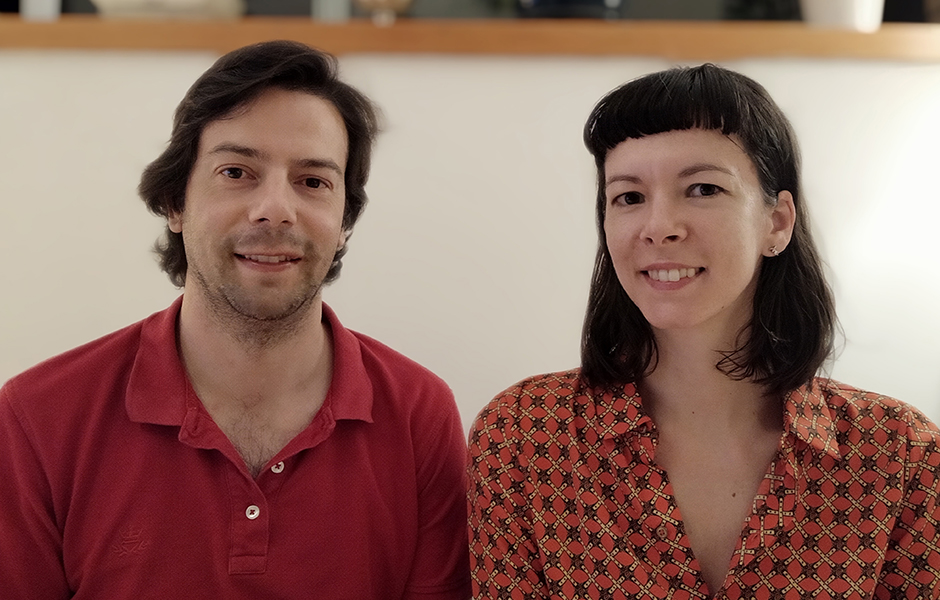The Self-Stacked Systems project, under the responsibility of a team of researchers from CINTESIS – Center for Health Technology and Services Research and INEGI/FEUP, was selected to participate at HiTechOne, a program that helps to put on the market the best ideas that emerged in an academic context.
The objective of this project is to implement an artificial intelligence architecture developed on the basis of a conceptual model used and adapted by Sofia Ferreira Leite, a clinical psychologist and a CINTESIS researcher in the field of Artificial Intelligence and Developmental Psychology.
This new artificial intelligence architecture, inspired by the laws of cognitive development, aims to build stadiums that can solve complex problems in a robust and more flexible way.
“Flexibility is something that has been problematic in artificial intelligence. With this hierarchical block architecture, we will teach the machine to reflect on itself, advance through stages and correct errors”, explains Sofia Ferreira Leite.
As explained by António Ramos da Silva (INEGI/FEUP), another member of the team, in this architecture the training of the machine and its use are not divided. They both occur simultaneously, in a “more organic” interaction, as it happens with human beings, who learn while making complex decisions.
The project will now be implemented in real-world scenarios to be defined, with the hope to reach the Health area quickly. “We feel that it is a more delicate area and that it implies more robustness. In addition, there are a number of legal constraints that are more difficult to overcome. But we hope to start working in the Health field in about a year,” they say.

